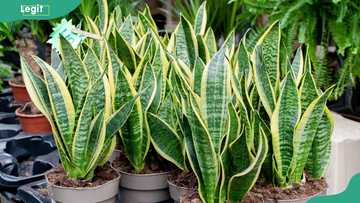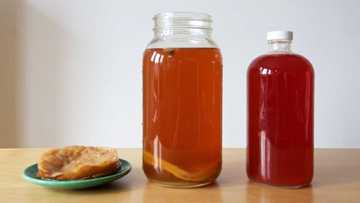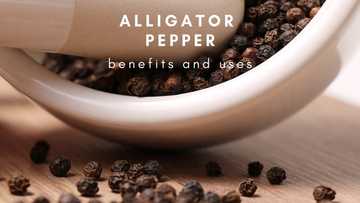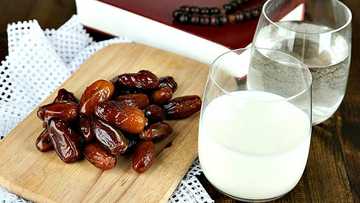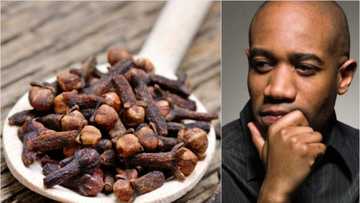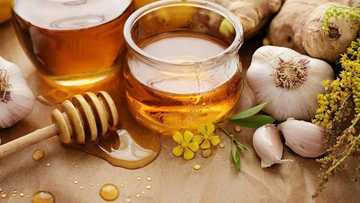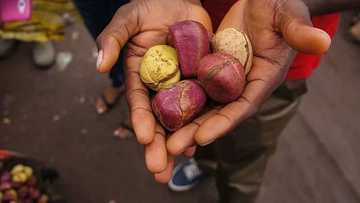List and uses of medicinal plants in Nigeria with images
There are many medicinal plants used as home remedies for various diseases and conditions in Nigeria. Below is a summarised list and uses of medicinal plants in Nigeria.

Medicinal plants in Nigeria are plants used for making home remedies and traditional medicines or what we all know as herbal medicine. Any part of the plant could be used. In some plants, almost every part can be used in one home remedy or another. While in particular plants only some parts are used.
Herbal medicine in Nigeria is gaining more recognition, and this is seen in how much inquiries people make concerning home remedies and traditional medicine. In this article, we will only be listing some of the popular medicinal plants and their uses. We will not be explaining the procedure of making the various home remedies. Please note that is advisable and safe to seek professional advice, direction especially herbal medicine vendors for safety reasons.
Medicinal plants in Nigeria and their uses
These are the popular medicinal plants in Nigeria and their uses.
Moringa plant (Moringa Oleifera)
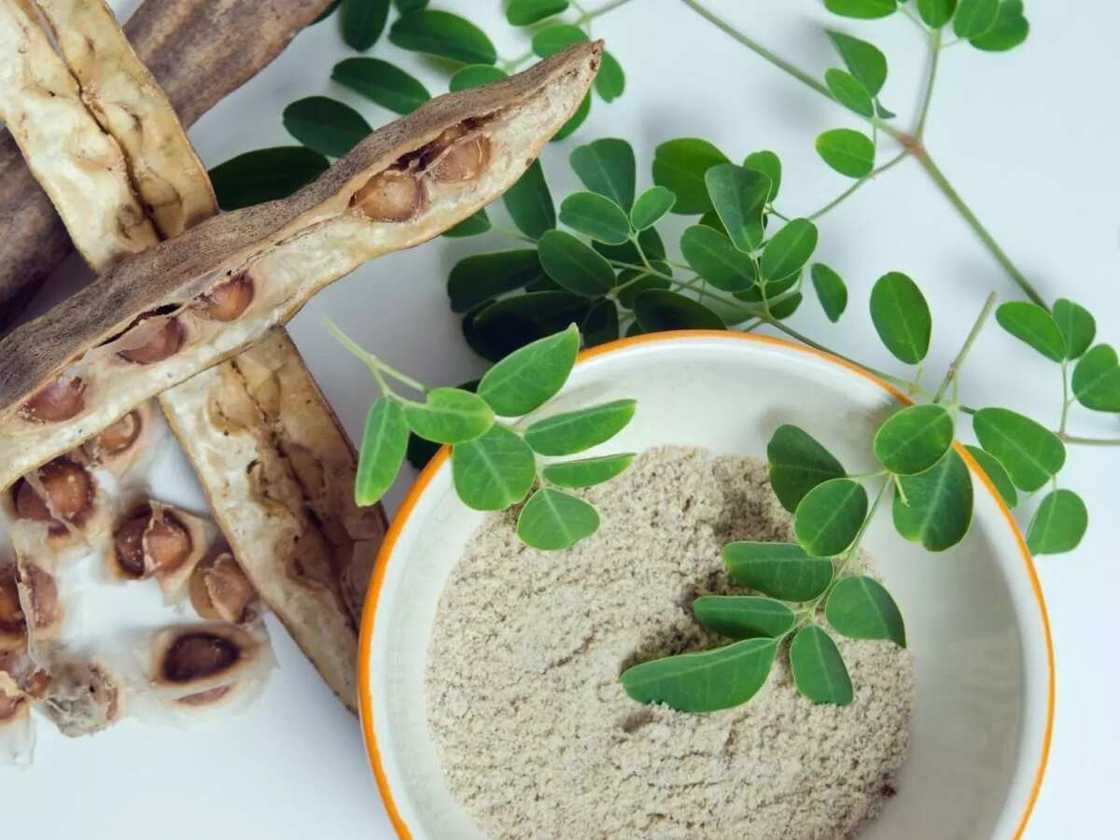
Moringa is a popular flowering tree. There is no way we will write about medicinal plants without mentioning Moringa Oleifera. It is referred to as the miracle tree. The uses of Moringa are too many to list, there are culinary, cosmetic, and medicinal uses, etc.
Uses
Some of the popular uses of moringa in Nigeria include:
- Moringa plant is rich in amino acids, minerals and vitamins especially vitamin A, C, and E.
- Moringa has antioxidants properties that help to fight free radicals and molecule that cause cell damage, inflammation, and oxidative stress.
- It is used to fight inflammation because it has properties which suppress inflammatory enzymes and proteins in the body.
- It is also effective in reducing glucose and lipid levels in the blood which is beneficial to the cardiovascular system.
- Moringa leaves and flowers are rich in polyphenols which helps to protect the liver against oxidation, damage, and toxicity.
- It is a traditional medicine in the treatment of the following conditions or alleviating symptoms of some of these conditions. Anemia, Arthritis and other joint pain (rheumatism), Asthma, Cancer, Constipation, Diabetes, Diarrhea, Epilepsy, Fluid retention, A headache, Heart problems, High blood pressure, Intestinal spasms, Kidney stones, Stomach pain, Stomach and intestinal ulcers, Thyroid disorders.
- Treatment of infections (bacterial, fungal, viral, and parasitic infections) and abscesses. It has antibacterial and antimicrobial properties.
- It is used as topical treatment of skin as a drying agent (astringent) or as a germ killer. And it is also applied to wounds because it has blood clotting properties that help in wound healing.
- Smoothie made from Moringa also helps in energy release. Used to treat fatigue.
- It is good for the eyes to maintain good vision. As mentioned earlier is very rich in vitamin A.
Bitter Leaf (Vernonia Amygdalina)
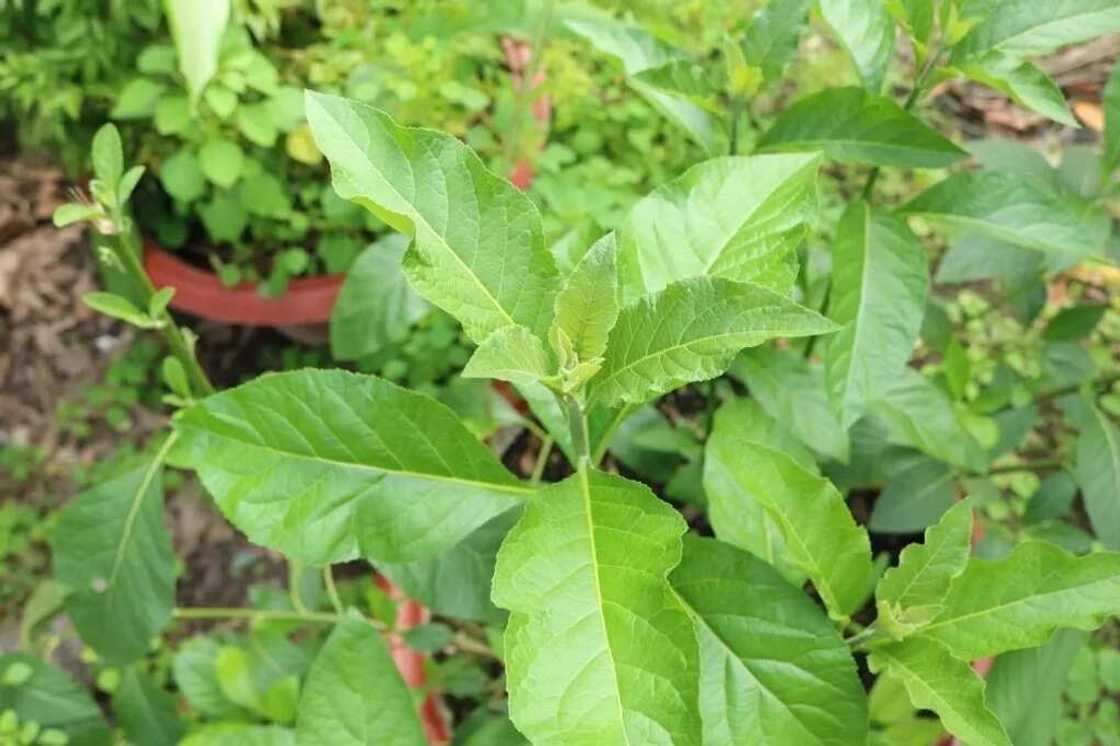
Bitter leaf is a plant that is grown in Africa and many parts of the world. It is known as Ewuro in Yoruba, Onugbu in Igbo, and Shiwaka in Hausa. As the name implies, the leaves of this plants are bitter, and that is why a lot of people cannot withstand it. Bitter leaf has a lot of detoxification properties that make is powerful in helping the body fight against many diseases and infections. It also has antipyretic properties. But if you dare to take it fresh, these are some of the medicinal uses of the bitter leaf.
Uses
- One of the well-known uses of the bitter leaf is that it is a remedy for stomach ache. You can either chew on the tender part of the plant stem or leaf stalk or swallow the bitterness. Also, you can pound the leaves and squeeze out the juice from the leaves. Put three tablespoons of the juice in a small cup, add a pinch of salt to it and drink it. The stomach ache will be relieved just in a matter of minutes.
- Bitter leaf is used for treating malaria, typhoid fever, and also diarrhea.
- It is also good for the blood and lymphatic system. It has strong medicinal properties that help to clear the blood and lymphatic system of impurities. This is achieved by drinking the juice squeezed from fresh bitter leaf occasionally.
- It is also helpful in people with hypertension in keeping their blood pressure low.
- It is helpful in the management of diabetes. It can be effective in lowering blood glucose level.
- It is used as traditional medicine for the remedy of many infections and diseases such as sexually transmitted infections, pneumonia, skin exanthemas such as eczema, ringworm, etc.
- Another popular medicinal use of bitter leaf that you can find anywhere is that it is very helpful for people with prostate cancer. It helps to relieve symptoms associated with this disease such as difficult and painful urination known as dysuria. By taking a glass cup of juice from bitter leaf squeezed in water four times in a day. It helps to increase the flow of urine, reduce pain and also regulate and slow down the spread of the neoplastic cells.
- It is also a proven remedy for treating insomnia.
- Some studies show bitter leaf also helps to boost chances of getting pregnant, i.e., it enhances fertility.
Aloe Vera
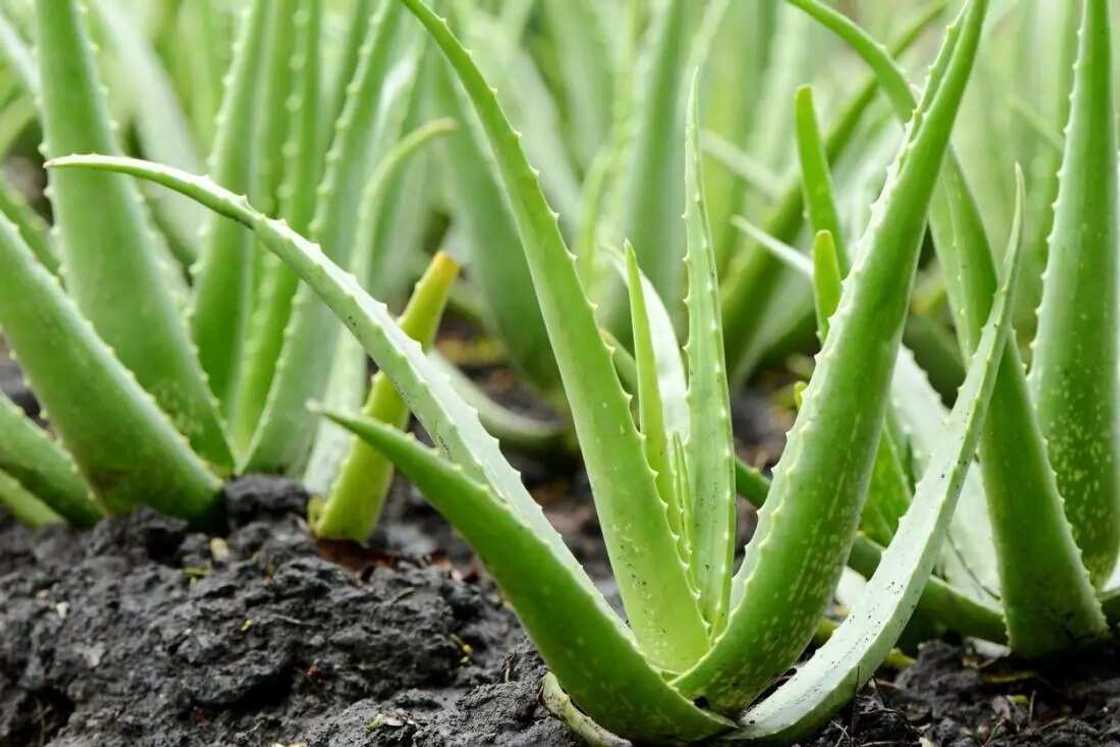
Aloe Vera is a common medicinal plant which can be grown in the backyard. It is more popular for its cosmetic uses, especially for hair and scalp moisturization and treatment. It is an important ingredient a lot of natural hair and skin care products. But it also has some medicinal uses.
READ ALSO: How to make aloe vera juice at home
Uses
- Aloe Vera is used more often for topical treatment (i.e., on the skin) by applying the gel squeezed from the plant on the skin surface. It is used topically on the skin to soothe skin irritations and rashes. It is used in the treatment of skin conditions such dermatitis and psoriasis.
- It is also used to treat oral mucositis, mouth ulcers, and canker sores. This is by application of the gel or a patch of the Aloe Vera leaf on the area of the sore or ulcer.
- It is also used to make mouth rinse to reduce dental plaque.
- Aloe Vera gel is used as a home remedy for accelerating the healing of burn injuries.
- Aloe Vera is commonly used to treat constipation. But in this case, it the latex found just under the skin of the Aloe Vera plant that is used to make the traditional medicine. The latex has a very strong laxative effect.
- Aloe Vera is also used sometimes as traditional medicine in diabetes management. Some studies show that it may be helpful in the management of blood sugar level.
Basil or Scent Leaf (Ocimum gratissimum)
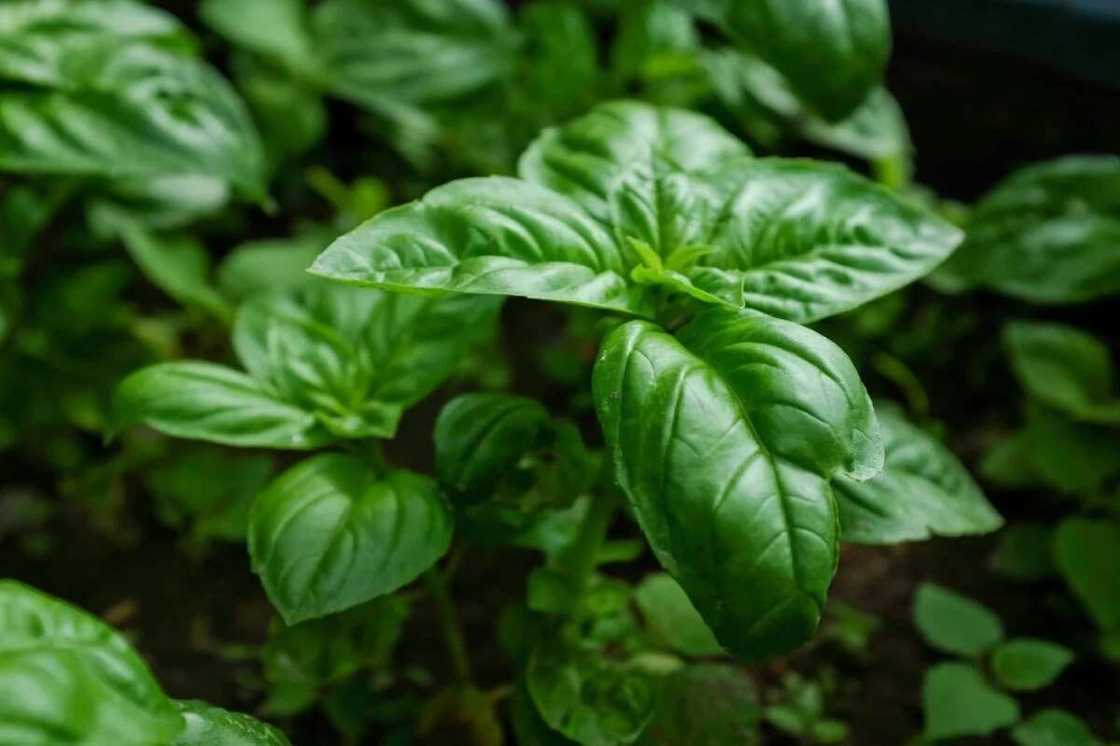
The African basil also is known as scent leaf and is a popular medicinal plant in Nigeria. It is called Efirin in Yoruba, Daidoya in Hausa, and Nchanwu in Igbo. This plant is usually home-grown and easy to come by. So it is a popular medicinal plant for making home remedies. These are some of its uses.
Uses
- One of its most common use is as a home remedy for diarrhea, dysentery, stomach ache, and vomiting.
- It is also used to make a home remedy for relieving colon pains and earache.
- Scent leaf is also used for preventing and treating cold and catarrh, cough, fever, and malaria.
- Another use of scent leaf is for aiding digestion and relief bloating.
- Squeezed scent leaf can also be applied to the skin to treat ringworm and some other skin diseases.
- Scent leaf is also used to make traditional medicine for treatment of oral infections. Also, for treating fungal infections.
- Some people also chew the stick of scent leaf for cleaning of the mouth and teeth (local chewing stick.)
- Scent leaf or African Basil is also used for cooking because of its aromatic taste.
Girdle Pod (Mitracarpus Scaber)
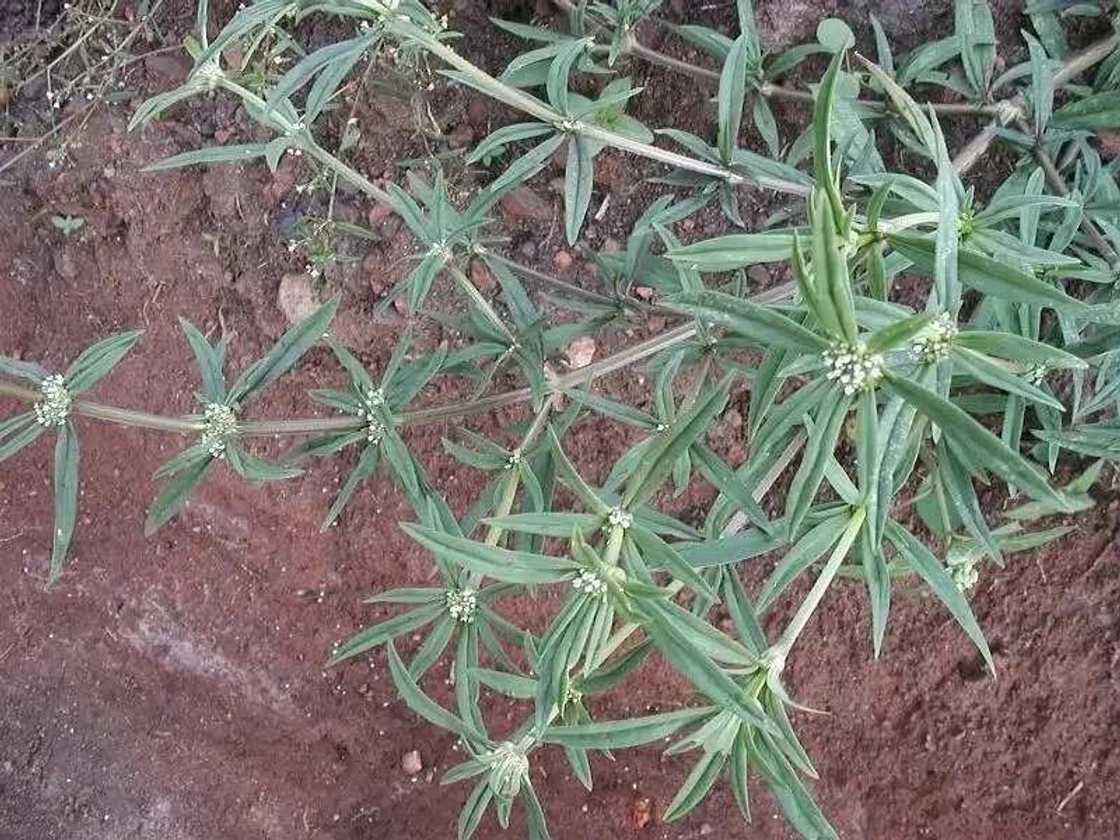
This plant is known as Irawo Ile among the Yoruba’s in Southwestern Nigeria. It is called Gudugal in Hausa and Obuobwa or Ogwungwo in Igbo.
Uses
It uses include:
- The treatment of skin infections such as scabies, dermatoses, and ringworm.
- The home remedy for the treatment of body aches, headaches, toothaches, and arthritic pains.
- It is also used in making traditional medicine for treating amenorrhea, hepatitis, and some sexually transmitted infections.
Ringworm Bush or Candle Plant (Senna Alata)
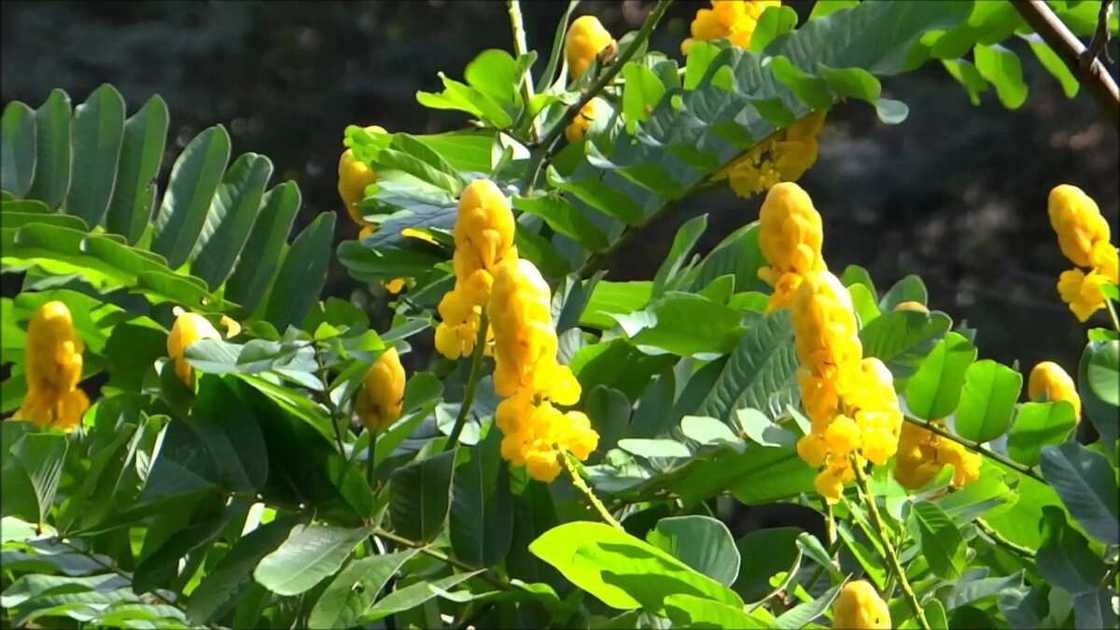
This plant is a popular medicinal plant in the tropics. It is called Ogalu in Igbo and Asunrun Oyinbo in Yoruba. This plant has antibacterial, antifungal, anti-inflammatory, anti-tumor, analgesic, diuretics, and laxative properties.
Uses
- It is widely known for its antifungal properties which makes it efficient for treating a couple of fungal infections of the skin, ringworm and scabies included. It is also used to treat parasitic skin infections and eczema.
- The plant has laxative properties. It is also used in making traditional medicine for treating constipation, diarrhea, intestinal parasites, uterus problems, and also expulsion of filarial worms.
- The decoction made from the leaves can be used to treat biliousness and hypertension.
Wild Lettuce
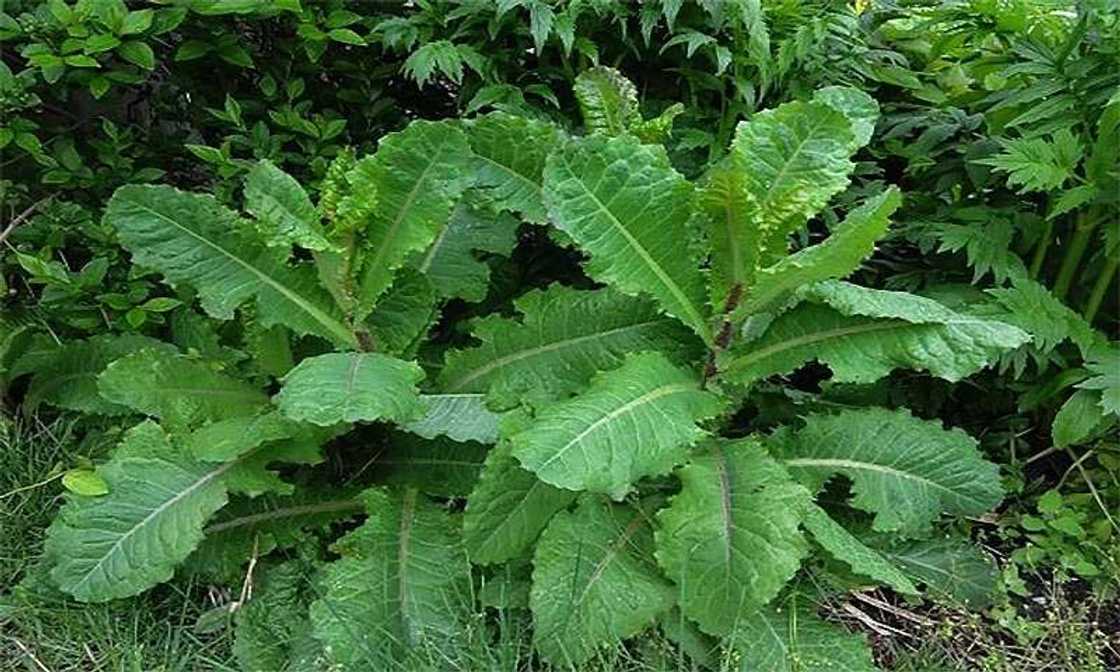
Wild Lettuce is a widely used medicinal plant used in traditional medicine not only in Nigeria but almost every part of the world where it can be found. It is known as Efo Yarin in Yoruba. The plant is known to have many healing qualities. It has been used for relaxant and sedative purposes for thousands of years. It also has anti-oxidative properties.
Uses
- It has analgesic properties, and it is used to make a home remedy for pain relief, e.g., arthritic pain, colic pain, joint pain, muscle pain, and muscle spasms. It also helps to relieve uterine cramps in women during menstruation.
- The plan has euphoric properties. It can be used to manage anxiety and stress.
- One of the most popular uses of Wild Lettuce is its use for the treatment of insomnia because of its sedative properties
- It is also used for treating conditions of the respiratory system such as asthma and cough because of its antitussive properties. It can also be effective in the treatment of bronchitis and also whooping cough.
- It is very effective in treating headaches and migraines.
- Wild Lettuce is also widely used for treating sexual disorders especially excessive and uncontrollable sexual drive in women, commonly knowm as nymphomania. It can also be used to manage the symptoms of premenstrual syndrome such anxiety, uneasiness, and pain.
- It is also used as a home remedy for skin care. The latex of the plant can be applied for topical treatment of skin itching, irritation or minor skin infection.
- The seed oil of Wild Lettuce is used to treat atherosclerosis. It helps the hardened arteries to regain its elasticity and flexibility.
- It is also used to make a remedy for urinary tract problems because it has diuretic properties.
Note that this plant must be used carefully and in small doses for a short period because too much of it can cause conditions such as anxiety, decreased bowel sounds, dizziness or drowsiness, restlessness, mydriasis, and urinary retention if used in the wrong way or for a long period. Excessive use of wild lettuce can even slow down your breath and even lead to death.
Mint Leaf
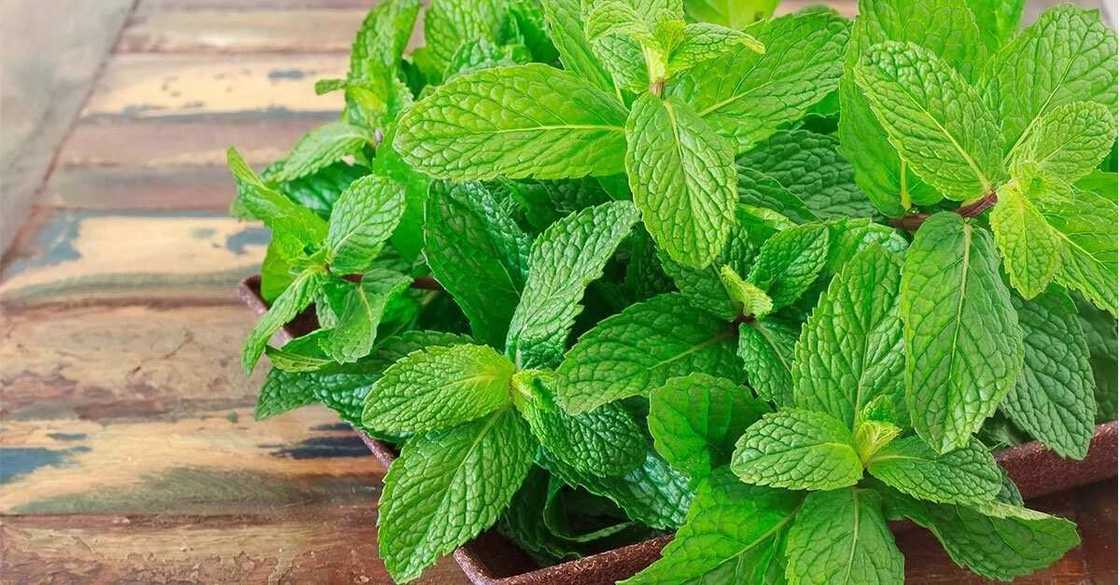
Mint is a popular medicinal plant not just in Nigeria but every place where mint is grown. You can find mint as part of the ingredients of most of the products we use on a daily basis. It has lots of medicinal benefits.
Uses
- Mint leaves can be used to aid digestion and treat stomach ache. When you drink warm water with mint leaves and lemon in it, it has a soothing effect on the gastrointestinal tract, helps to release intestinal gas, and relieve abdominal cramps.
- Mint leaves are used to make tea which is medicinal. For example, a sip of mint tea is effective in fever relief.
- Mint leaves can also be used by expectant ladies to relief morning sickness, nausea, and vomiting. An expecting lady can always have crushed mint leaves by her side, and when she is feeling sick, she can smell them to bring her relief.
- Menthol extracted from mint is used in aromatherapy, and it has clinical benefit in alleviating post-surgery nausea.
- Mint leaves are used in many other health and cosmetics product such as toothpaste, room freshener, shampoo, peppermint spray or oil, etc.
- it also has a lot of culinary uses.
Water Leaf (Talinum fruticosum)
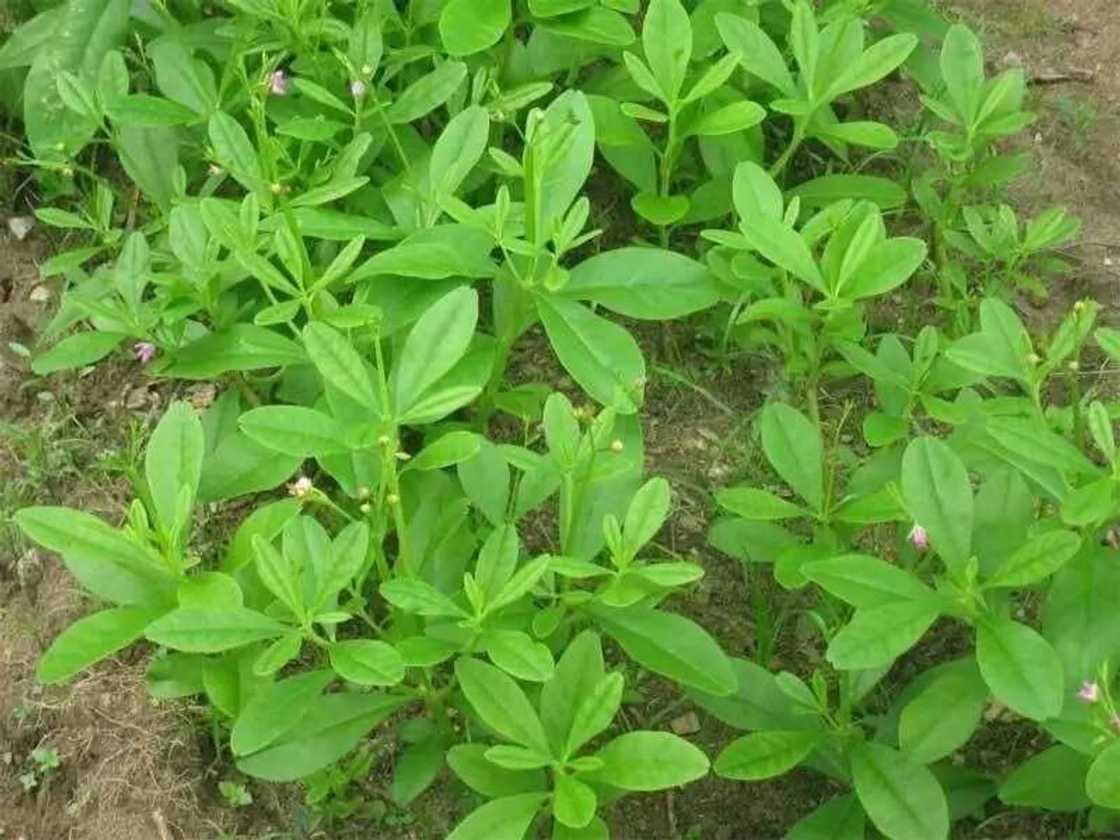
Water Leaf is a very popular medicinal plant in Nigeria which seems to go all year round but mostly in the raining season. It is more popular among the Yoruba people in Southwestern part of Nigeria. The Yorubas call it Gbure, Edo people call it Ebe-dondon and it has other English names such as Philippine spinach or Florida spinach.
Uses
Medicinal benefits of Waterleaf include:
- Consumption of waterleaf helps to boost the immune system especially in people who often fall sick with malaria or people who always feel weak and tired.
- The leaves of water leaves are excellent for people with diarrhea, hepatitis, and liver enlargement.
- The leaves can also be pounded and applied as soothing on inflammations.
- Infusions made from the leaves of waterleaf can be used as diuretics
- Also, there have been scientific studies which have shown that consuming waterleaf helps to enhance the activity of the brain and protect brain tissues.
- Waterleaf is also believed to be good for pregnant women.
- Waterleaf is also used to make vegetable food, and it is high in dietary fiber.
- People with gout, kidney disorders, and rheumatoid arthritis should avoid Waterleaf because it has a very high concentration of oxalic acid.
These are popular medicinal plants in Nigeria. You can learn more about each of them and how to use them.
DISCLAIMER: This article is intended for general informational purposes only and does not address individual circumstances. It is not a substitute for professional advice or help and should not be relied on to make decisions of any kind. Any action you take upon the information presented in this article is strictly at your own risk and responsibility!
Source: Legit.ng


